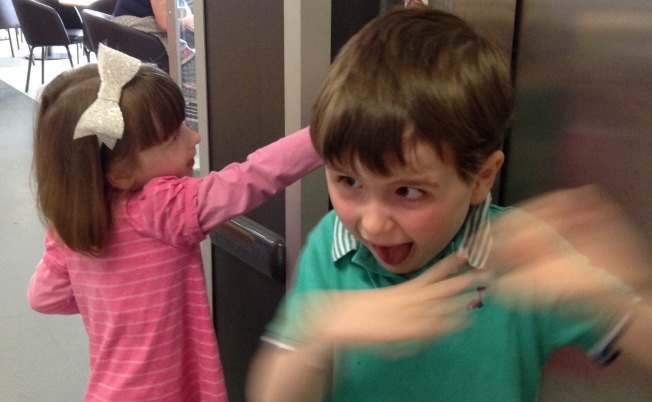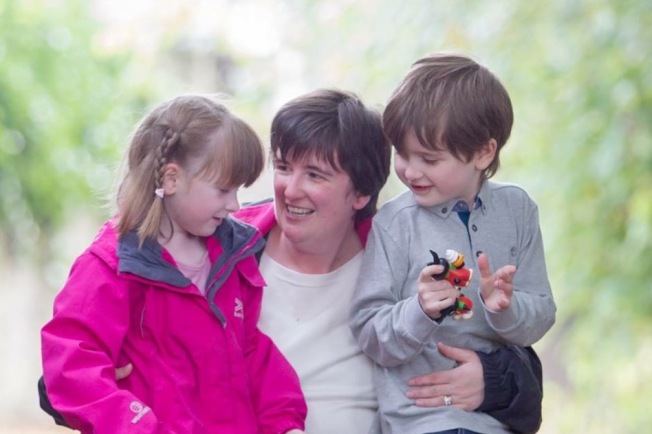 As his twin sister races downstairs eager to open another door on her advent calendar, excitedly counting down the days to Christmas Day, you watch TV flapping like any other day.
As his twin sister races downstairs eager to open another door on her advent calendar, excitedly counting down the days to Christmas Day, you watch TV flapping like any other day.
As your twin sister practices Christmas songs after school in preparations for her Christmas show in two weeks time you watch the same ten seconds of lifts on you tube and rock in your seat as you always do.
Christmas means nothing to you.
No letters to Santa, and definitely no visits to any grottos.
No decorating a tree with the family or even any concept of what tinsel is.
No singing Christmas carols or dancing to seasonal pop songs as they play in the shops.
It all means nothing to you.
Your world is oblivious to the hype, the busyness, the traditions that consume society at this time of year.
You would eat turkey and all the trimmings if it’s put in front of you, but you would equally eat any other meal presented too. It’s just food to you, nothing more, nothing less.
—

My autistic ten year old has no understanding or interest in Christmas. He is still consumed by his own world, dependent entirely on routine, not communicating verbally at all.
Honestly, some days that breaks my heart. I know we should not compare children as each child is unique and individual but at Christmas you want your child to be excited, happy, expectant. Instead my son is uninterested, unconcerned and unaware.
Christmas isn’t his ‘thing’. Neither is Easter, his birthday, the tooth fairy or any other number of occasions you can think of. None of it enters his world.
He won’t write any Christmas cards (he can’t write any letters let alone his name) and he likely won’t receive any either, family events and get togethers are too much for him so I stay home with him. The only Christmas event he will come to is the church service but even then he gets very upset because it’s different to how he perceives church to be. He doesn’t know Christmas carols and he wants the usual songs he is used to back.
He doesn’t like the changes.
He doesn’t like new stuff.
He doesn’t like Christmas.
I can’t change that. It’s who he is and how he is. I could cry my eyes out every day for years but it won’t change things. I’ve had a decade of crying and wishing things were different. I have accepted that Christmas just isn’t something my ten year old understands nor does he wish to partake in it.
Even if I bought him presents he would never open them. He’s never opened a birthday or Christmas present in his life.
I could pretend it’s all ok. I could move a tree near where he is and take a picture and pretend he’s part of it all. I could put seasonal clothes on him and imagine he chose them. I could buy and wrap stuff for him and dream that somehow the magic of Christmas would change him overnight. All that would do is break my heart more.
I don’t need that. He doesn’t need that.
So while I decorate my daughters bedroom with her and revel in her excitement, while I buy and wrap gifts for her eagerly looking forward to seeing her face on Christmas morning, while we sing and laugh together as we practice Christmas songs the other side to my life is that I am playing down everything as much as possible to keep my son at ease.
I walk a fine line of trying to celebrate and embrace Christmas with one twin whilst ignoring it’s very existence with the other.
My son has severe learning difficulties, severe autism and epilepsy. He can’t speak. He can’t care for himself.
He is full of life, full of fun and the love of my life.
But at ten years old he still doesn’t know what Christmas even is…and he most likely never will. 
 Dear Isaac,
Dear Isaac,





























